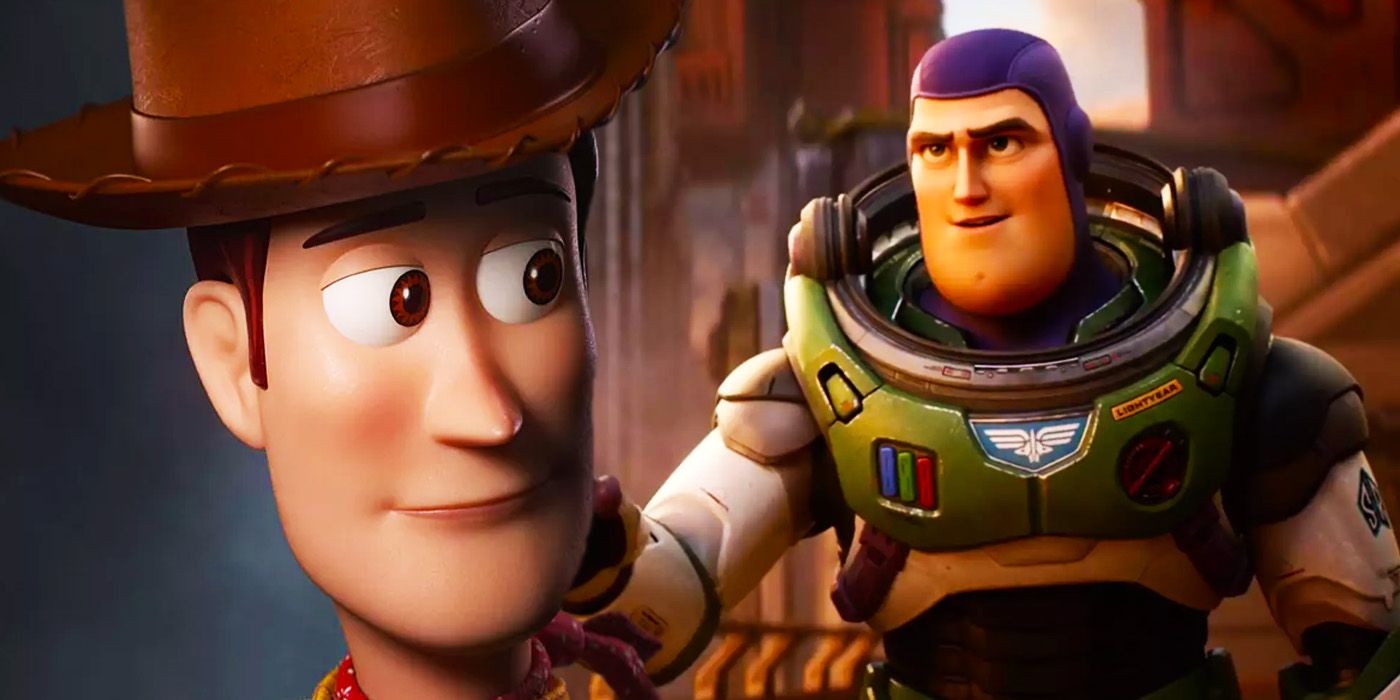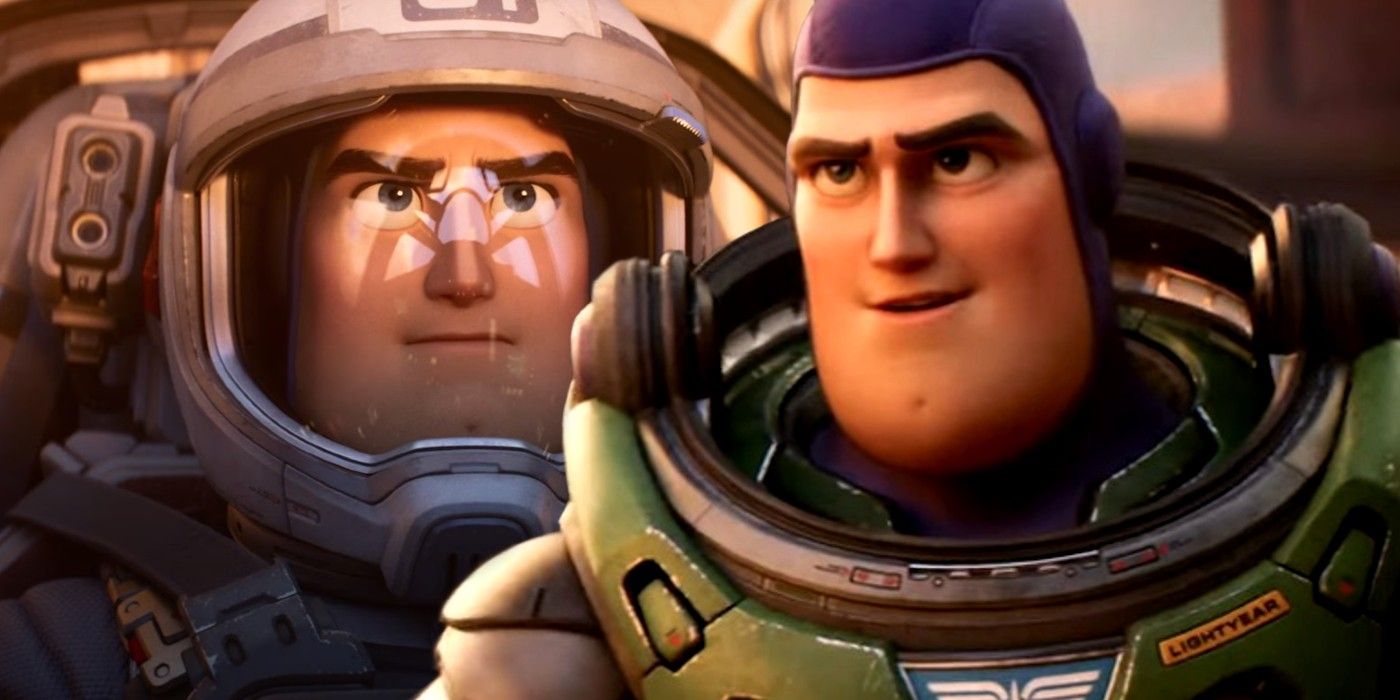While Lightyear is set to continue the success of Pixar’s Toy Story series, the film has already broken one of the franchise’s greatest traditions. Following on from the commercial and critical acclaim of Toy Story 4, another entry in the series seemed inevitable. Lightyear, however, will be unlike any Toy Story film that has come before it. Telling the story of Buzz Lightyear space ranger, the film will not be connected to the Tim Allen-voiced toy of the popular Pixar films but will instead focus on the inspiration behind this figure.
Being based on a different world entirely, it makes sense that Lightyear is loosening its ties to the Toy Story series. Replacing Allen in the central role, Chris Evans will be voicing the titular space ranger and James Brolin will be voicing the toy’s iconic villain, Zurg. These changes are a good way to distance the film from the franchise that inevitably looms over it, though Lightyear has broken one Toy Story tradition, which is guaranteed to change the entire feel of the film.
This change comes in Pixar’s decision to not resign Randy Newman to write Lightyear’s original score, instead opting to go with Spider-Man: No Way Home and The Batman composer Michael Giacchino. This break in the Toy Story tradition will mark a huge change for the franchise, removing a creative whose work was integral to the success of the previous movies. Although the change in composer is certain to produce a different feel in Lightyear, perhaps this is precisely what the movie needs.
First scoring Toy Story in 1995 before coming back to every subsequent entry in the franchise, Newman’s scores have become synonymous with the record-breaking Pixar animated movie series. Earning Oscar nominations in the Best Original Song category for Toy Story’s “You’ve Got a Friend in Me,” Toy Story 2’s “When She Loved Me,” and Toy Story 4’s “I Can’t Let you Throw Yourself Away,” Newman won the prize for his work on Toy Story 3, with his song “We Belong Together” outperforming the rest of the nominees. The awards nominations speak to the critical success of Newman’s franchise scores, but the emotional weight of his music is also integral to the series, with each famous moment being near-undetachable from the score.
Lightyear’s decision to move away from Newman thus marks a departure for the Toy Story series, but this could work in the film’s favor. Lightyear may well be set in the same Toy Story timeline as Woody and Buzz, but its story is not about a child playing with his toys. Instead, it is the space adventure that inspired that very merchandise. Hearing Newman’s plucky strings and mellow brass statements would only serve to pull Lightyear closer to the very franchise it seeks to distance itself from. Giacchino has proven himself as a master at handling thematic development in a score, especially in action-driven sequences, and this level of separation may be exactly what the film needs.
The success of Lightyear depends entirely on its ability to stand on its own merits and not risk leaning too heavily on the Toy Story franchise that has come before it. Changing the voice cast was a step in the right direction to achieving this but replacing Newman as lead composer seems like a much better move for Pixar. This change in scoring practice means that not only will the film sound different but it will feel different too. For Lightyear, the Toy Story movie franchise must feel like galaxies away.


